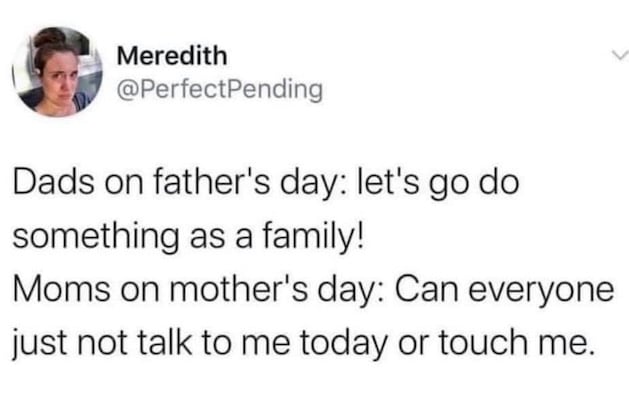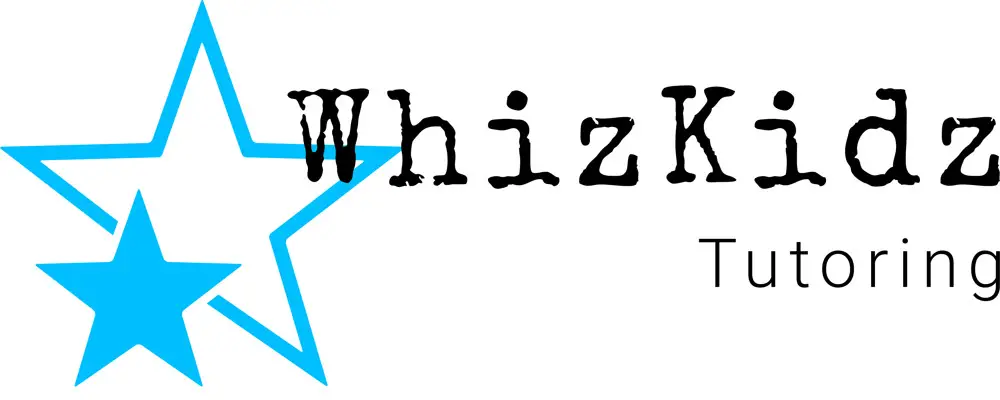How to Partner with Your Child's Teachers: Advice from the Experts in Nassau County, Long Island
Get the Best Family Activities
"To foster better parent /teacher relationships, parents should make an appointment to see a teacher and not just drop in. Teachers' primary role is to care for their students - so when parents drop in, it takes time and attention away from those who really need it, the kids.
When you do end up going in to speak with a teacher, try to do so with an open mind, knowing that of course you have valuable insights to share with the teacher, but also that he or she has important observations to share with you. A child's performance and behavior in a classroom with 15+ children is apt to be different than his behavior seen at home. A student's ability to recall information may be stronger at home without the distractions of peers or the stress of being called upon by a teacher. So, yes, your child may be able to solve a math problem at home with relative ease; but when he gets to school everything he studied may have seemingly disappeared overnight.
Out of respect, please turn off your cell phone or Blackberry during a school conference, and do not start domestic arguments or the blame game in front of the teacher; this is awkward and stressful for teachers.
Email is a fast and easy mode of communication and can be effectively used in education. Parents should listen carefully to teachers at the start of the year to the school's email policy. Email can be effective but please understand that a teacher's job is to work with your child, not to be online answering emails. I suggest that teachers get back to parents within 24 hours, but such immediate responses only train parents to believe you are connected all day long. Some teachers are amazingly quick at responding to parent emails, and others have a different focus during the day. As effective and fast as email may be, there is the underbelly of the beast as well: one cannot hear tone or emphasis in a written message, so there is a chance for misunderstanding or incorrect assumptions. Another email consideration is that cc'ing a spouse or administrator can heighten the tension. (Remember, too, that whatever one writes can be easily forwarded, so use good sense!)
If parents do not believe they are getting an adequate or timely response, give the teacher a call, or email again. If there is still no response, contact the principal. Before doing this, though, think about whether your question needs to be brought to the next level. Can you find the answer via a friend? A registered lettered is not a great option when trying to get a teacher's attention - there are lots of things to do prior to that option.
The Golden Rule works like a charm in parent/teacher relationships - just put yourself in the other's shoes. A great opener is always, "Help me understand...". See yourself and the teacher as allies."
- Linda Gardiner, assistant head of school and director of the Lower School, The Green Vale School
"We strive to achieve full partnerships with families by maintaining open communication. We are open to feedback, and ask that parents also understand that we are committed to the children by serving as a resource to them as well. Boundaries are maintained by always ensuring the best interest of the child.
Our school uses daily communication sheets as a tool. Parents complete a form upon drop-off, which shares information about their child's routines from the night and morning before (example, slept well, current mood, last diaper change, etc.). Teachers use this same form to communicate the happenings of the day, including basic needs (diaper changes, feedings, naps) and learning experiences. These help keep parents well informed about the child's routines and overall growth in the classroom. We also welcome parents as experts on their children and encourage teachers and parents to work together as partners to set goals that correspond to their child's emerging interests, needs, and strengths. This occurs through formal and informal conversations about the child's progress in our program.
In the instance where a parent feels she needs assistance getting a quicker response from a teacher, she should feel comfortable mentioning it and requesting a specific timeframe for an answer. Understanding that this may not always be the case, a parent should always feel comfortable to speak with the director, in our case, or anyone higher up who will actively help assist with the question and ways to help improve communication between the teacher and parent moving forward."
- Ingrid Gutierrez, center director, Bright Horizons, Woodbury
"Teachers care about your child and how he or she is doing in school. We also understand that you are really concerned about your child. Some ways are more effective than others at communicating about your child's progress, though.
Certain things that do not work: "catching" us in the hall as we prepare for the day, or approaching the principal first, before reaching out to the teacher.
What I do suggest is: Send a note into school with your child, or call school to schedule some time with the teacher to discuss your child either by phone or at a person-to-person meeting. This ensures that the teacher is focused on only one thing: your child. And be positive, not threatening, so we can work together."
- Michele Anselmo, teacher, Center for Science Teaching & Learning (CSTL) Education Initiatives, Rockville Centre
See more advice from other area experts.








